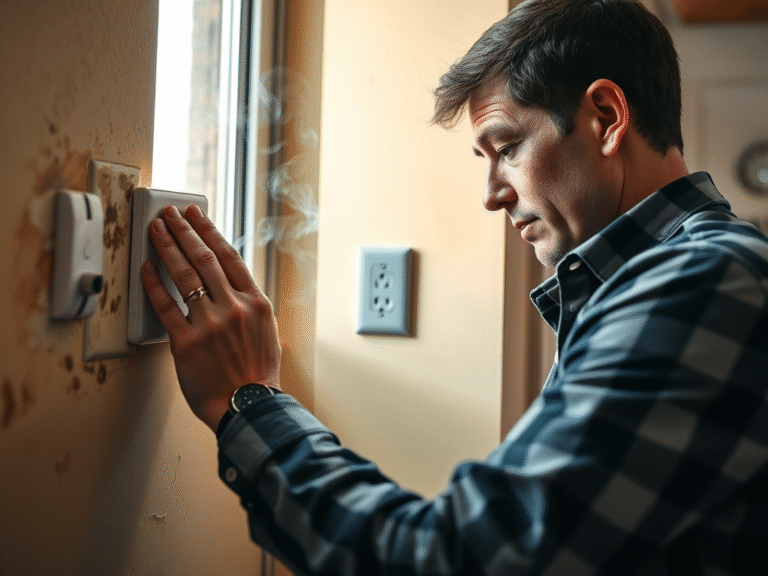In the intricate ecosystem of our homes in Duncan, Cowichan, Nanaimo, Parksville, Qualicum, Port Alberni, Courtenay, Comox, Campbell River and Vancouver Island, few invaders can wreak as much havoc and pose as significant health risks as rodents. Mice and rats, though small in stature, leave behind a trail of potential dangers through their feces and the distinctive smell of their urine. In this blog, we’ll explore the unseen perils of rodent infestations, shedding light on the health hazards associated with their droppings and the pungent odor that accompanies their presence.
The Stealthy Intruders: Mice and Rats
Mice and rats are expert infiltrators, squeezing through the tiniest openings to set up their nests within the walls, attics, and basements of our homes. While their presence may initially go unnoticed, the consequences of a rodent infestation can be severe, extending beyond mere inconvenience.
The Fecal Fallout: Health Hazards Lurking in Droppings
- Salmonellosis: Contamination of food and surfaces with rodent feces can lead to salmonella poisoning, causing symptoms such as diarrhea, fever, and abdominal cramps.
- Leptospirosis: Exposure to water, soil, or food contaminated with rat urine can result in this bacterial infection, leading to flu-like symptoms and potentially severe complications.
- Hantavirus Pulmonary Syndrome: As mentioned in previous blogs, this rare but serious respiratory illness can be transmitted through the inhalation of airborne particles from rodent droppings.
- Allergens and Respiratory Issues: Rodent droppings can release allergenic proteins into the air, triggering or exacerbating respiratory issues such as asthma.
The Lingering Odor: Unpleasant Consequences of Rodent Urine
In addition to the health risks associated with feces, the smell of rodent urine can be a persistent and unpleasant consequence of infestations. The odor is not just a nuisance; it can signal potential problems such as:
- Mating Behavior and Attraction of More Rodents: Rodent urine contains pheromones that signal mating behavior, potentially attracting more rodents to the area.
- Deterioration of Indoor Air Quality: The ammonia-like scent of rodent urine can contribute to poor indoor air quality, causing discomfort and respiratory irritation for occupants.
Addressing the Issue:
- Identifying and Sealing Entry Points: Conduct a thorough inspection to identify and seal potential entry points for rodents, preventing further infestations.
- Professional Pest Control: If a rodent infestation is suspected or confirmed, seeking professional pest control services to determine and seal up entry points
- Proper Cleanup Practices: Call Pacific Decontamination Services who follow can HEPA vacuum, decontaminate and reduce odor.
How Pacific Decontamination Services Can Help
We neutralize the rodent/animal urine and feces by applying our eco-friendly, safe chemical, focusing our efforts on the visible contaminated areas. Depending on the job, we apply our formula by spray, mist, foam, or fog. We further kill all airborne threats in your residence/property. The average time of our on-site service is approximately one hour. An additional four hours is required to achieve maximum effectiveness. We ask that you stay out for approximately 5 hours in total.
We also assist in root problem solving access issues regarding rodents/animals, and we HEPA vacuum mice and rat droppings, feces and clean up the contaminants as required.
Pacific Decontamination Services uses the world’s strongest, most effective and safe antimicrobial disinfectant, deodorization and chemical decontaminate. Our professional application will eliminate up to accepted levels of any allergen, germ, bacteria or fungus that it touches. AND as powerful as it is, it is also completely safe.
What do you do next? How do you solve the challenge of rodents and associated health hazards?
Call Pacific Decontamination Services at 778-269-0208 or email us at contact at pacificdecon.com
Serving All of Vancouver Island: Cowichan, Duncan, Nanaimo, Parksville, Qualicum, Courtenay, Comox, Campbell River, and Port Alberni.






